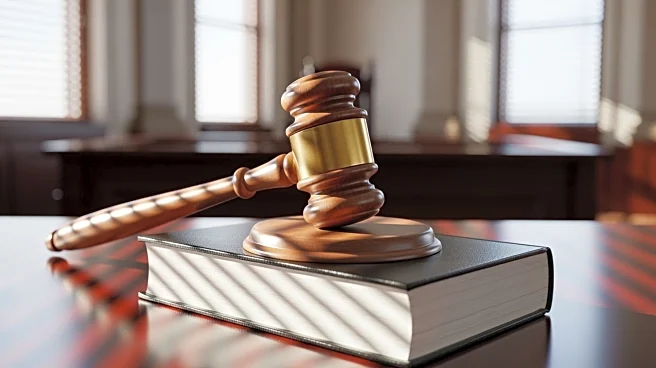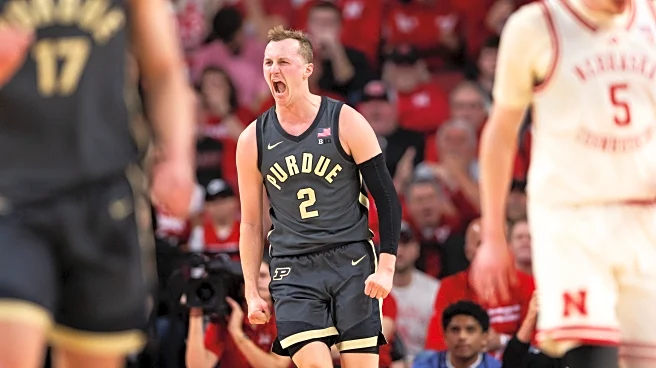What's Happening?
A defamation lawsuit against a parent from Township High School District 113 has been dismissed, marking a significant development in a legal controversy that began in 2023. The lawsuit involved Michelle
Hammer Bernstein, a district parent, who was accused of defamation and invasion of privacy for her online criticism of Britnee Kenyon, the theater director at Deerfield High School. Kenyon, who is Jewish, had shared a social media post criticizing the Israeli military, which led to backlash from parents and subsequent reprimands. The legal proceedings included a settlement with Kenyon, where the district compensated her financially and credited her sick leave. However, Bernstein, represented by the American Center for Law and Justice, was not part of this settlement. The case was ultimately dismissed voluntarily, with no monetary exchange, and was hailed as an 'unequivocal victory' for Bernstein and parents advocating for their children's education.
Why It's Important?
The dismissal of the lawsuit underscores the ongoing debate over free speech and parental rights in educational settings. It highlights the tension between educators' freedom to express personal views and parents' concerns about the influence of such views on students. The case also reflects broader societal issues, such as antisemitism and the role of social media in shaping public discourse. The involvement of the American Center for Law and Justice, a conservative legal organization, indicates the case's significance in the context of First Amendment rights. This outcome may embolden parents to voice their opinions on educational matters without fear of legal repercussions, potentially influencing school policies and community dynamics.
What's Next?
While the legal matter has been resolved, the broader implications for school districts and parental engagement remain. School boards may need to reassess policies regarding teachers' social media use and the boundaries of free speech in educational contexts. Parents and advocacy groups might continue to push for transparency and accountability in schools, particularly concerning sensitive topics like antisemitism. The case could also prompt discussions on how schools address controversial issues and manage conflicts between staff and community members. Future legal challenges may arise as similar disputes occur, potentially shaping the landscape of educational governance and parental rights.
Beyond the Headlines
The case highlights the complex interplay between individual rights and community standards in educational environments. It raises questions about the ethical responsibilities of educators in expressing personal views and the potential impact on students. The legal proceedings also reflect cultural tensions surrounding the Israeli-Palestinian conflict and its representation in American schools. As schools navigate these challenges, they must balance fostering open dialogue with maintaining a respectful and inclusive environment. The case may influence how educational institutions address controversial topics and engage with diverse perspectives, shaping the future of educational policy and community relations.










